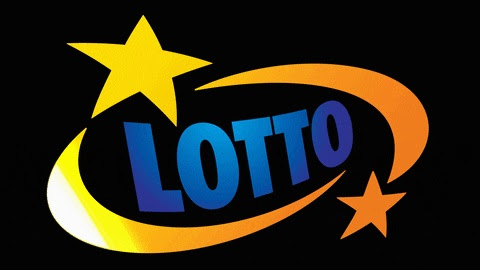Time is limited. Sooner or later we all figure that out. And once we do, we start being more conscious of the way we spend our time. Thinking is a double-edged sword. It can help you. But it can also destroy you. The outcome depends on how you use your thoughts. Your mind is an instrument —nothing more, nothing less.
In this article, I shared how I’ve learned to use my brain more effectively. Sometimes you have to think differently, and there are times you must stop thinking altogether. It’s up to you to decide when you should deploy which method. But no matter what you do, don’t spend too much time in thought because that’s a waste of life.
At the end of the day, thinking by itself is useless without action. But like we talked about earlier, action follows thought. Effective thoughts? Effective actions.
To clarify what I mean, I’ve made a list of what I think are effective thoughts:
Making your life better
Growing your career and business
Visualizing your future
Thinking of new ideas
Solving problems
Coming up with fun things to do with your partner, family, or friends. It’s really not that complicated. However, sticking with this way of thinking is very hard and takes work. Don’t expect to become a practical thinker after reading this book only once. Like any skill, better thinking requires daily practice. I do that by looking at everything that happens in my life as an exercise for thinking better.
Because if I don’t, I start wasting my time on useless things like complaining, feeling sorry for myself, and not enjoying my life. We’re collectively thinking so much we’re missing out on life. And it has nothing to do with fancy things other people do. We all know that the beauty of life lies in the small things.
Did you notice the sunshine this morning when you woke up? Or the raindrops? Did you notice the smell of your coffee? Did you feel the texture of your cereals?
If your answer is no, you definitely need to get out of your head.
Stop thinking and start acting!
RELATED POSTS
A (Very) Brief
History of Thinking
Be Yourself (Not
What You Should Be)
Clear Thinking
Requires Training
Don’t Try To Think
Your Way Out Of Everything
Inside Your Control
Vs Outside
Take Thinking Out
Of The Equation
Think About the
Details Even More





































